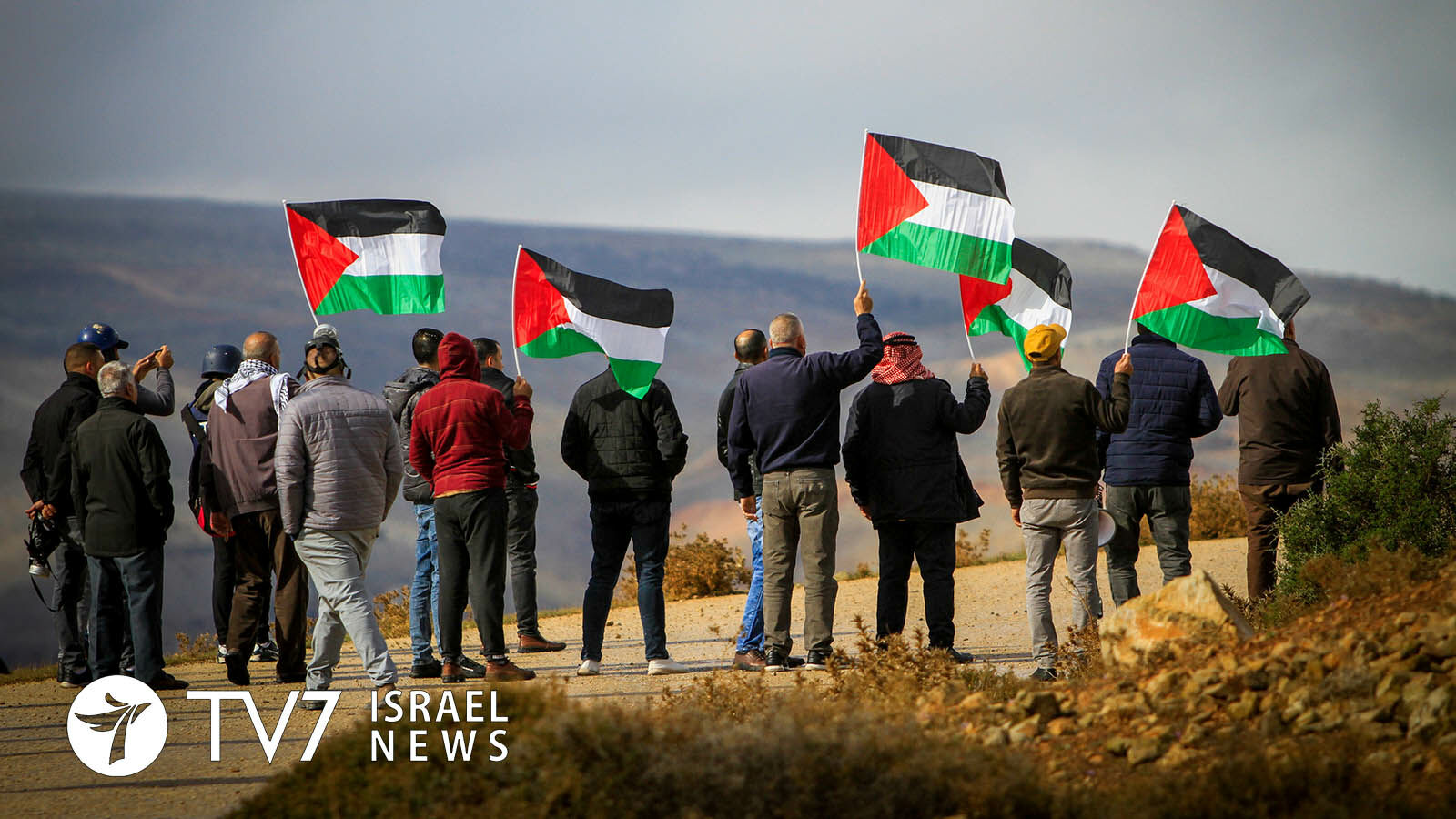The Palestinian Authority (PA) is pushing the United Nations to pass a resolution calling on the International Court of Justice (ICJ) to condemn Israel.
By Erin Viner
Israeli Prime Minister Yair Lapid sent a letter to more than 50 heads of state, urging them to exert their influence on the PA in order to prevent the General Assembly vote on an advisory opinion from the ICJ on the Israeli-Palestinian conflict.
In a letter, Lapid asked world leaders to pressure the Palestinian Authority to stop promoting the resolution at the General Assembly. The recipients included United Kingdom Prime Minister Rishi Sunak and French President Emmanuel Macron as well as the leaders of Croatia, Romania, Bulgaria, The Netherlands, Slovakia, Latvia, Georgia, Brazil, Uruguay, Peru and Vietnam.
The resolution, approved by the so-called UN “Decolonization Committee” on 13 November, appealed to the ICJ to “urgently” weigh in on Israel’s “prolonged occupation, settlement and annexation of the Palestinian territory,” which it maintained violates the Palestinians’ right to self-determination.
According to PA Foreign Minister Riyad al-Maliki, the measure passed with 98 countries in favor and 52 abstentions. 17, including Israel and the United States, voted against it.
This “diplomatic and legal breakthrough” will “open a new era for holding Israel accountable for its war crimes,” Maliki asserted at the time.
“This resolution is the outcome of a concerted effort to single out Israel, to discredit our legitimate security concerns, and to delegitimize our very existence,” Lapid wrote, as seen in a copy of the letter obtained by TV7.
The outgoing Israeli Premier added that the status of disputed territory should be subject to direct negotiations between Jerusalem and Ramallah, and that bringing the matter before the ICJ “contravenes the principle of direct negotiations accepted by the international community and will play into the hands of the extremists.”
Emphasizing that if the initiative to block a vote on the issue is not successful, Prime Minister Lapid expressed his expectation that Israel’s friends will stand alongside it and vote against the resolution.
Israel reunited the then-divided city of Jerusalem in the 1967 Six Day War, after conquering its eastern side as well as parts of the West Bank from Jordan, the Golan Heights from Syria, and Gaza from Egypt.
The Palestinians demand the captured territories for a future state.
Israel’s UN Ambassador Gilad Erdan stressed that by calling on involvement on the ICJ, “the Palestinians are decimating any chances of reconciliation.”
The Palestinians rejected a peace plan proposed by former-United States President Donald Trump.
United States-sponsored negotiations stalled in 2014, and senior members of Israel’s likely incoming coalition government have previously opposed Palestinian statehood.
The ICJ last intervened in the conflict in 2004 by ruling that Israel’s separation barrier was illegal; which is heavily disputed by Jerusalem.
The barrier was built to prevent Palestinian terror attacks on Israeli citizens during the Second Intifada, which lasted from September 2000 to February 2005. Suicide bombings in Israel emanating from the West Bank dropped from 73 between 2000 to July 2003 to 12 between August 2003 and the end of 2006, upon completion of the first continuous portion of the security fence.
